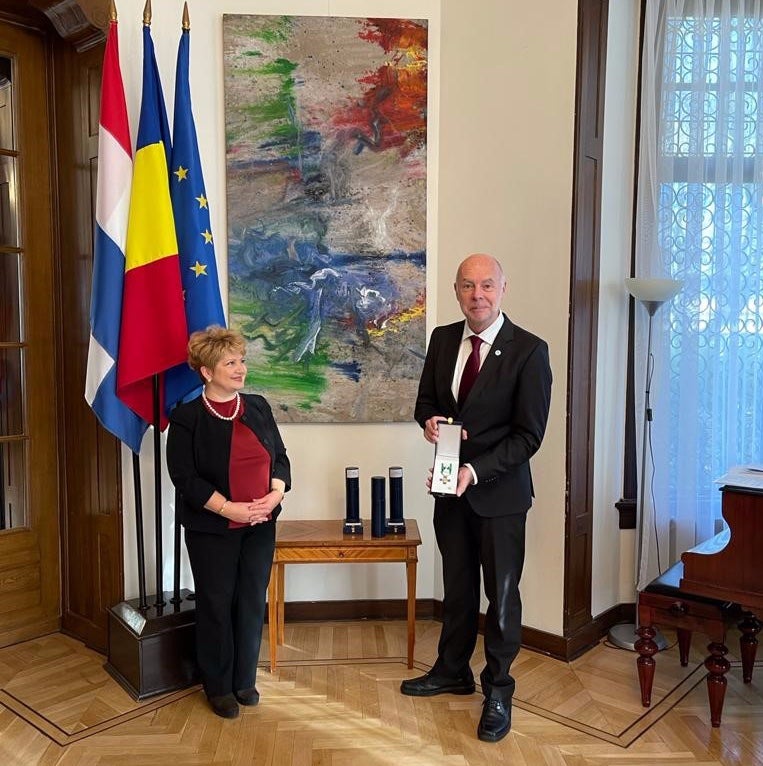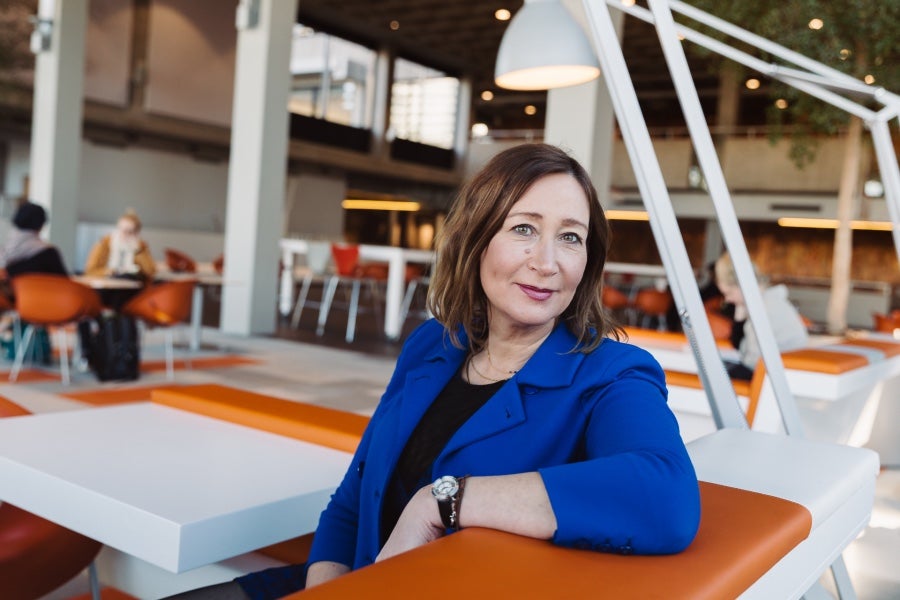Every month we focus on an alumnus who has made an outstanding achievement. This time an interview with VU alumnus Jos Brils. Brils received a distinction on behalf of the Romanian President in November 2020 for his many years of scientific collaboration with Romania.
Why did you receive this distinction?
„For my collaboration with Romania in establishing a pan-European research infrastructure focused on the integrated and interdisciplinary study of river-sea systems: ‘from the mountains to the sea’. The initiative is known as DANUBIUS-RI and is part of the European Strategy Forum for Research Infrastructures (ESFRI) roadmap. ESFRI is an extremely high profile forum and the roadmap aims to enable research infrastructures in all areas of science in which Europe is a forefront runner, or could be a forefront runner. DANUBIUS-RI makes European test locations, long-term data collection and equipment available to researchers."
Why did Romania initiate this?
„Romania is located at the end of the River Danube, which passes through ten European countries. For decades Romania formed the drainage point for pollution from all these European countries. However, there are more problems than just pollution in the Danube - Black Sea system. Having improved understanding of how the river-sea systems function is extremely important in enabling Romania to manage the problems better. Many of these problems also occur in the Rhine-North Sea system and other river-sea systems across the world."
What exactly are the problems that both Romania as well as the rest of the world are experiencing?
„Contaminants in water, soil and sediment have negative effects on plants and animals and in turn on biodiversity. The free flow of rivers is also hindered by barricades including dams and dikes. These barricades also hold back sediment. Over the course of time, a shortage of sediment results in downstream effects including river incision, receding deltas and coastal erosion. We also have many problems with coastal erosion in the Netherlands. Each year, some 12 million cubic metres of sand needs to be sprayed along the coast to preserve it. DANUBIUS-RI enables improved study of all these problems."
Did you specialise in pollution when you studied biology?
„Absolutely. I specialised in ecotoxicology during my master’s degree. That’s the environmental side of biology. I also conducted research into contaminated soils and heavy metals. That interest didn’t just suddenly appear. I come from the small village of Budel in North Brabant. That’s the only place in the Netherlands that has a zinc factory. The factory caused the historic heavy metal contamination in De Kempen. Better understanding the effects of the contamination was partly the reason I decided to study ecotoxicology at VU."
Are you a VU alumnus with something special to share? Let us know via vumagazine@vu.nl








